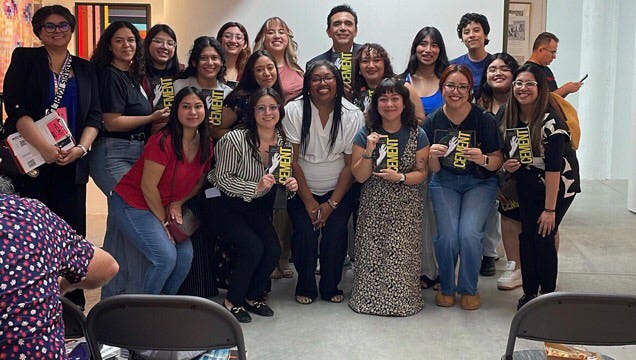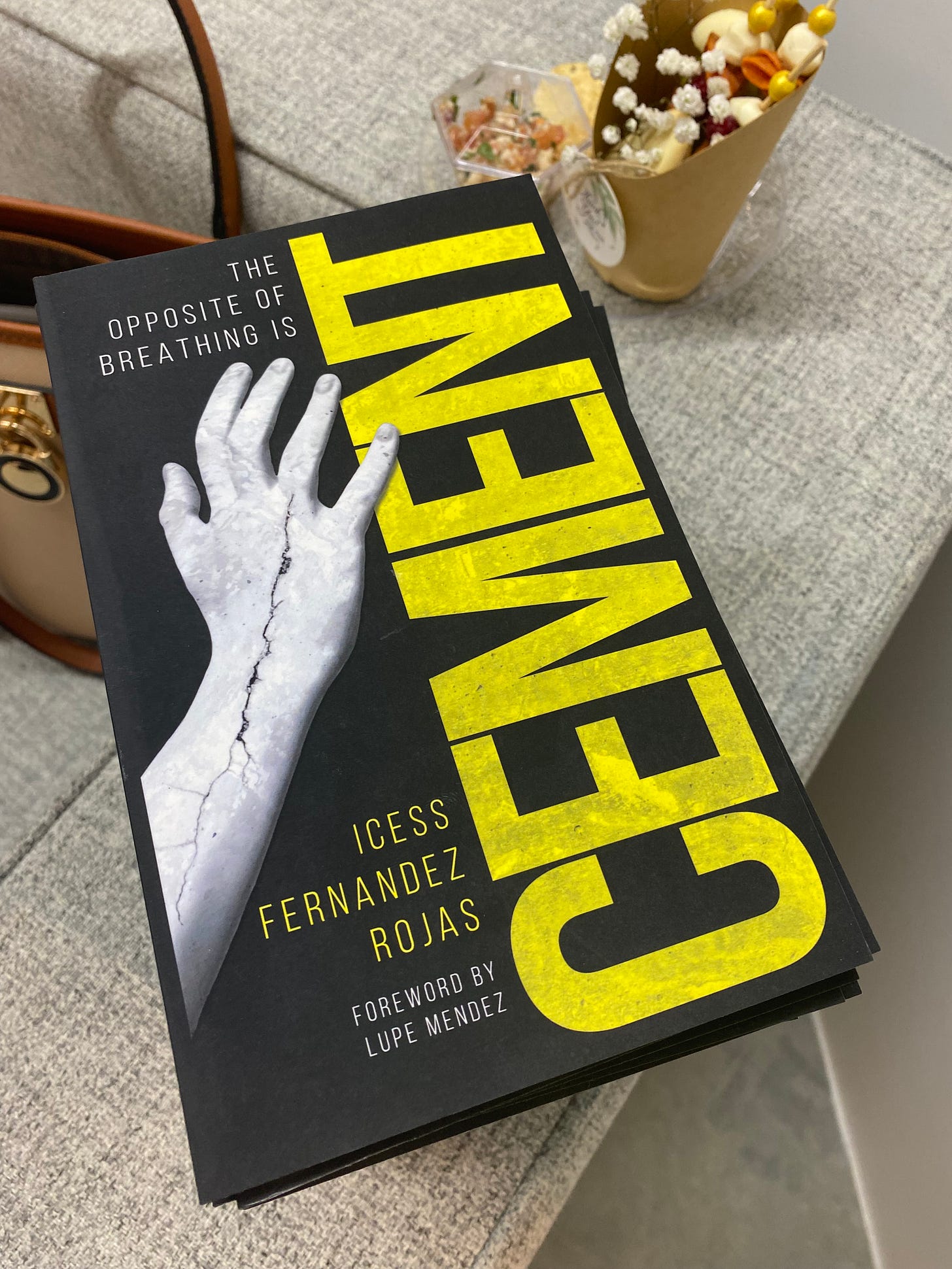A writer’s ego is tied to their work. Naturally. But I have always believed that one of the duties of the writer is to write. That’s it. To write about the times, in the times, to be the reflection of their times. Indeed, the duty is to write the handbooks used for living.
A handbook to life is exactly that, a book that has so profoundly impacted the reader that they see something differently, changes the way one approaches their world, or they see themselves, their people, or situation. For me those were several books — Dreaming in Cuban by Cristina García, The Brief Wondrous Life of Oscar Wao, and practically any Nancy Drewbook. Let’s not forget the books that healed me like The Year of Magical Thinking by Joan Didion and How We Heal by Alex Elle, to name a few. These books made me realize that I was a writer, that was all I wanted to do. They gave me permission to write about my life, my culture, my family, and what I saw that was important.
And now, my book is one of them.
Just as these books gave me permission to write, my own book has now become that for others—something I only truly understood after my last reading, sponsored by Nuestra at Kroma Art House. I heard from so many readers. In particular the Latinas y Libros book club. My book was their monthly pick for February. They supported my book before the reading with their social media updates, which tickled me to joyful, but it was their questions of my work that made me pause —in the best way, of course.
They asked the questions about specific lines and images. Total catnip to writers. But they also asked about my experiences as an Afro Latina and as someone who has worked on their mental health.
They saw themselves in my work. They saw their trials and tribulations, their moments of despair and joy. They cried with me when it came to my prose on infertility. They understood me. Saw me.
And for some of them, they saw themselves. One reader and their wife knew the struggle of infertility. That prose piece in my collection was the one that resonated with them the most. They try and keep trying. And they love each other more, not less because of it.
And so, I have written a handbook for living. A book to hold on to when things are difficult. Tangible. Tangible. Tangible. In my book there are lessons about mental illness, how it impacts life in the big and small ways that we can’t quite see until we’re out of that mist. My poetry collection has hope, as small as it is, a droplet is there. It talks about social justice, the blackness in America, my blackness and how it has shaped other aspects of my life. There is loneliness in my book and despair, but there is an ending, like there is an ending to all things.
This is what writing is about, isn’t it? To record the human condition, in all its pain and glory. To make sure that we are in this experience together. For people to know, beyond a shadow of a doubt, that we are not alone, in any of this, though we may feel it.




